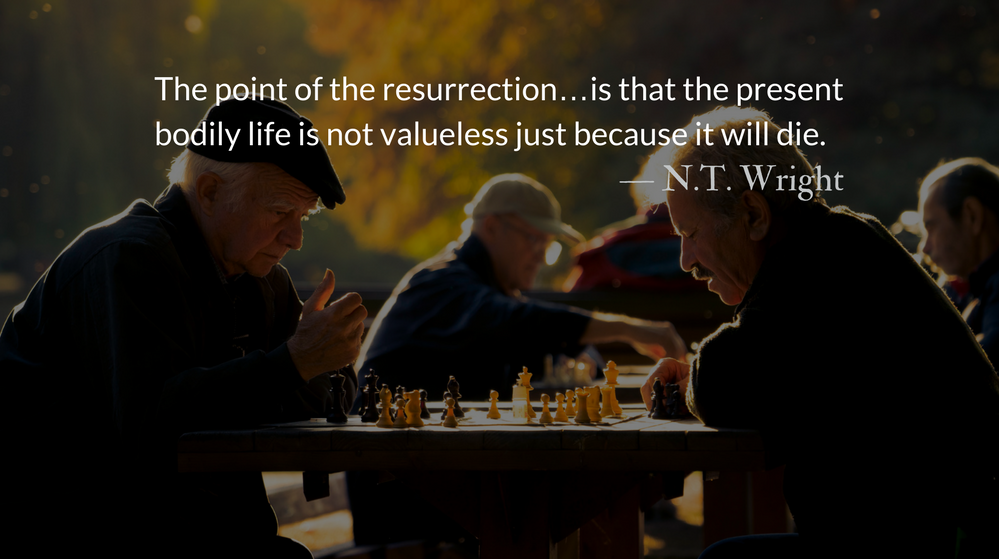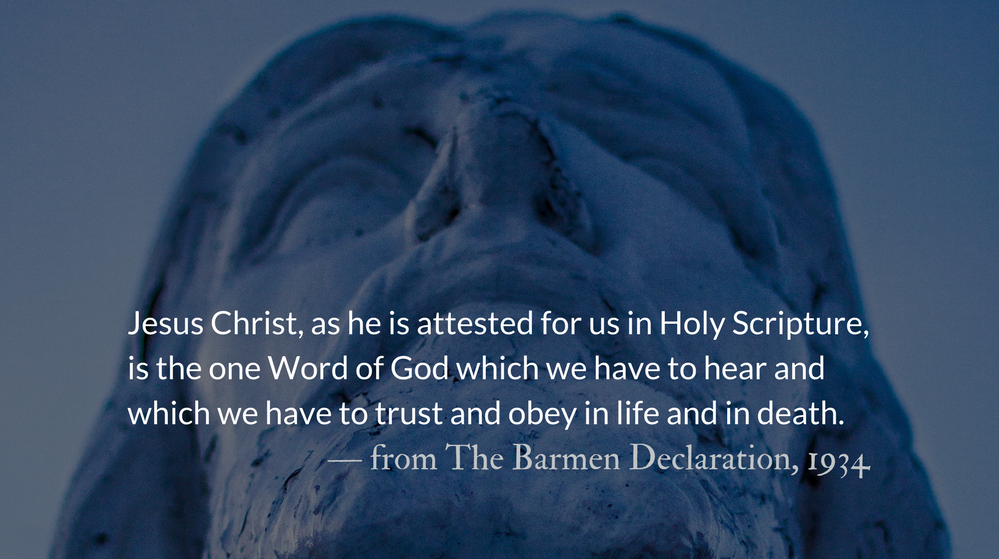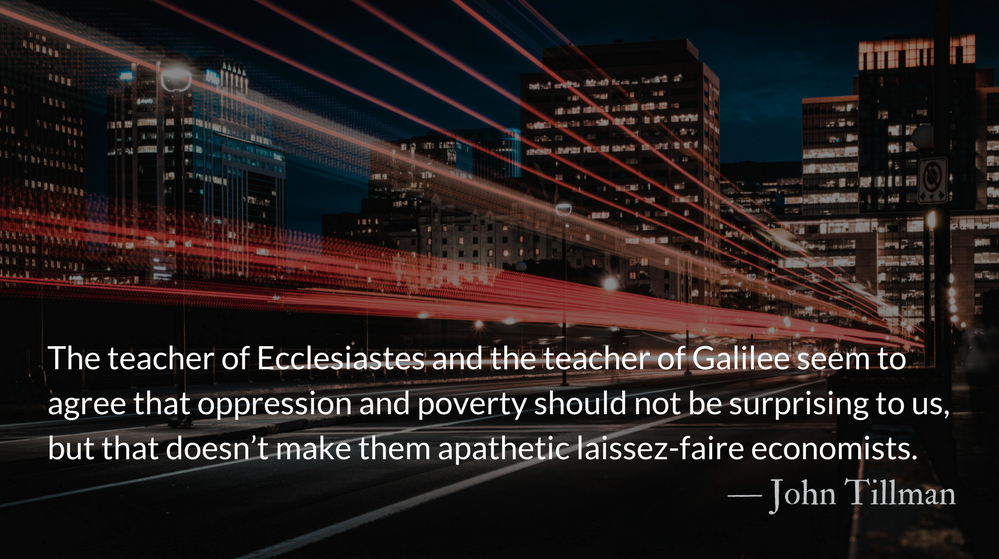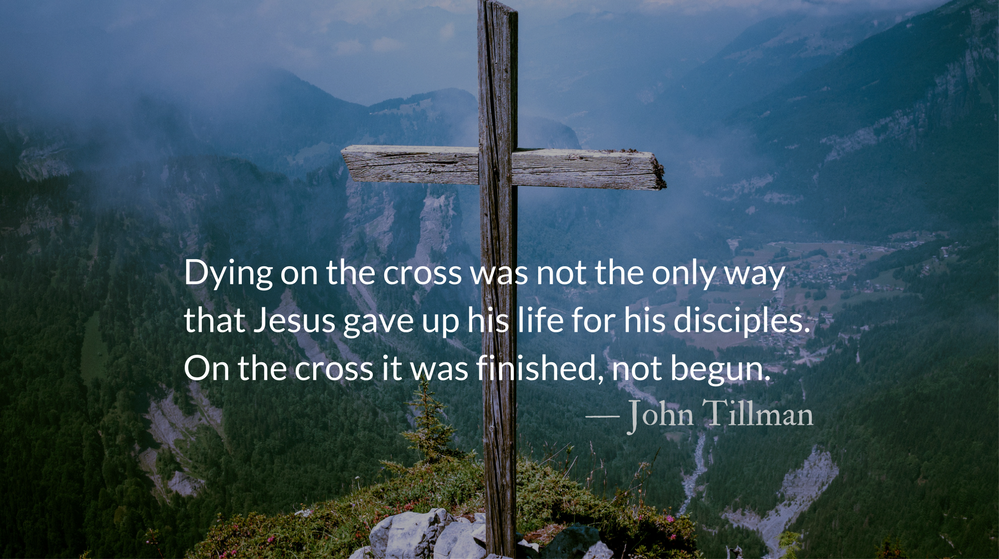Scripture Focus: 2 Timothy 1.12
That is why I am suffering as I am. Yet this is no cause for shame, because I know whom I have believed, and am convinced that he is able to guard what I have entrusted to him until that day.
Reflection: Calloused Hands and Softened Hearts
By John Tillman
In suffering for the gospel, Paul carried with him a joy and purpose that he worked to pass on to Timothy and to us.
Paul, when writing this second letter to Timothy, knew that his life was coming to an end. Reading between the lines, one can hear the certainty with which Paul feels his death approaching.
Paul does not encourage Timothy with any false hope of things improving for Christians or for Timothy. In fact, by his prayers and what he writes, he seems certain of problems and crises for Timothy rather than ease and comfort. He invites Timothy to, “not be ashamed of the testimony about our Lord or of me his prisoner. Rather, join with me in suffering for the gospel, by the power of God.”
Some interpretations of the Christian faith have, from time to time, trended toward pie-in-the-sky, escapist fantasy—as if the great purpose of the gospel was only to leave this world behind.
Gospel Christianity, fully embraced, realistically addresses the now and spiritually embraces the future. Few religions do both. The Bible shows us a Christ—with dirty, workman’s hands—fixing, healing, and working in the muddy, bloody now of the New Testament. His heart is soft for those far from God and for those hurt and damaged by this world. Following Christ, our hands will grow calloused and our hearts will be softened as we work to meet needs and change the world now.
The Bible also shows us a Christ wielding axe, fire, and wrath. This Christ will end the diseased and broken version of creation we live in and bring about a restoration. This Christ also comes individually to us to end our inner world that is equally diseased and broken, restoring us to our potential.
There is suffering coming to our lives.
There is death coming to our lives.
There is destruction on its way.
We may still be encouraged. This is true not because our suffering will be ended by Christ, but because Christ suffers with us.
There is coming a day on which the world will be no more. But this does not mean that our earthly efforts are wasted. We, like Paul and Timothy, are working alongside Christ.
We, too, may know in whom we have placed our faith and trust.
Walking with Christ, we will be:
Shameless in suffering
Personally assured in belief
Convinced of Christ’s ability, not our own
Guarded by Christ Jesus
“I know whom I have believed, and am convinced that he is able to guard what I have entrusted to him until that day.” — 2 Timothy 1:12
Divine Hours Prayer: The Request for Presence
Early in the morning I cry out to you, for in your word is my trust. — Psalm 119.147
– From The Divine Hours: Prayers for Autumn and Wintertime by Phyllis Tickle.
Today’s Readings
2 Kings 10 (Listen – 6:30)
2 Timothy 1 (Listen -2:37)
Thank You!
Thank you to our donors who support our readers by making it possible to continue The Park Forum devotionals. This year, The Park Forum audiences opened 200,000 emails with free, and ad-free, devotional content. Follow this link to join our donors with a one-time or a monthly gift.
Read more about Jesus with Axe and Fire
To burn out of our souls our preoccupation with ourselves we require a different kind of axe and a different kind of fire. Thankfully, Jesus stands ready to supply both.
Read more about Resurrecting Goodness :: Readers’ Choice
It is a uniquely Christian claim that God is invested in our present, not just our future.











